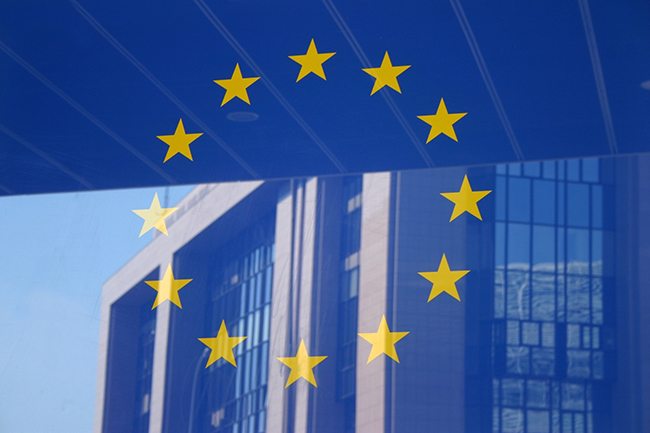The European Union’s 27 remaining members will meet to assess its future next week without Britain, the president of the European council, Donald Tusk, has said, as the bloc struggles to absorb the seismic implications of the UK’s decision to leave, reports The Guardian.
Tusk said he had spoken to EU leaders in the past few days and the union had been prepared for the result and was determined to keep its unity. “There is no hiding the fact that we wanted a different outcome of yesterday’s referendum,” he said in Brussels on Friday.
“There is no way of predicting all the political consequences of this event – especially for the UK. It is a historic moment, but not a moment for hysterical reactions.”
Tusk promised to convene informal discussions without the British prime minister, David Cameron, on the margins of a scheduled EU summit next week, as well as a wider reflection on the future of the union. “What doesn’t kill you makes you stronger,” he said.
EU leaders and officials will spend Friday scrambling to prepare for a pre-summit crisis session this weekend. Priorities will be preventing further Eurosceptic contagion spreading through EU ranks – and the euro currency.
Although the tiny population of Greenland left the European Economic Community in 1985, never before has a sovereign country served its notice to the world’s biggest trading bloc.
Martin Schulz, the president of the European parliament, said he would speak to the German chancellor, Angela Merkel, “on how to avoid a chain reaction” of other EU states following Britain. Merkel was meeting cabinet ministers and parliamentary leaders to discuss the consequences of the UK vote this morning.
“The chain reaction being celebrated everywhere now by Eurosceptics won’t happen,” Schulz said, adding that the EU was the world’s biggest single market and “Britain has just cut its ties with that market. That’ll have consequences, and I don’t believe other countries will be encouraged to follow that dangerous path.”
Manfred Weber, the chairman of the European People’s party group of centre-right parties in the European parliament, stressed that Britain had crossed a line and there was no going back.
The vote “causes major damage to both sides”, Weber said. “Exit negotiations should be concluded within two years at max. There cannot be any special treatment. Leave means leave.”
Elsewhere in Europe, Germany’s foreign minister, Frank-Walter Steinmeier, was one of the first to react, calling the result “truly sobering … It looks like a sad day for Europe and the United Kingdom.”
Sigmar Gabriel, the head of Germany’s Social Democrats – the coalition partners in Merkel’s government – said the British vote does not signal the downfall of Europe, but rather “the chance for a new beginning.”
He called Brexit a “shrill wake up call” for European politicians. “Whoever fails to heed it or takes refuge in the usual rituals, will drive Europe against the wall,” Gabriel said.


